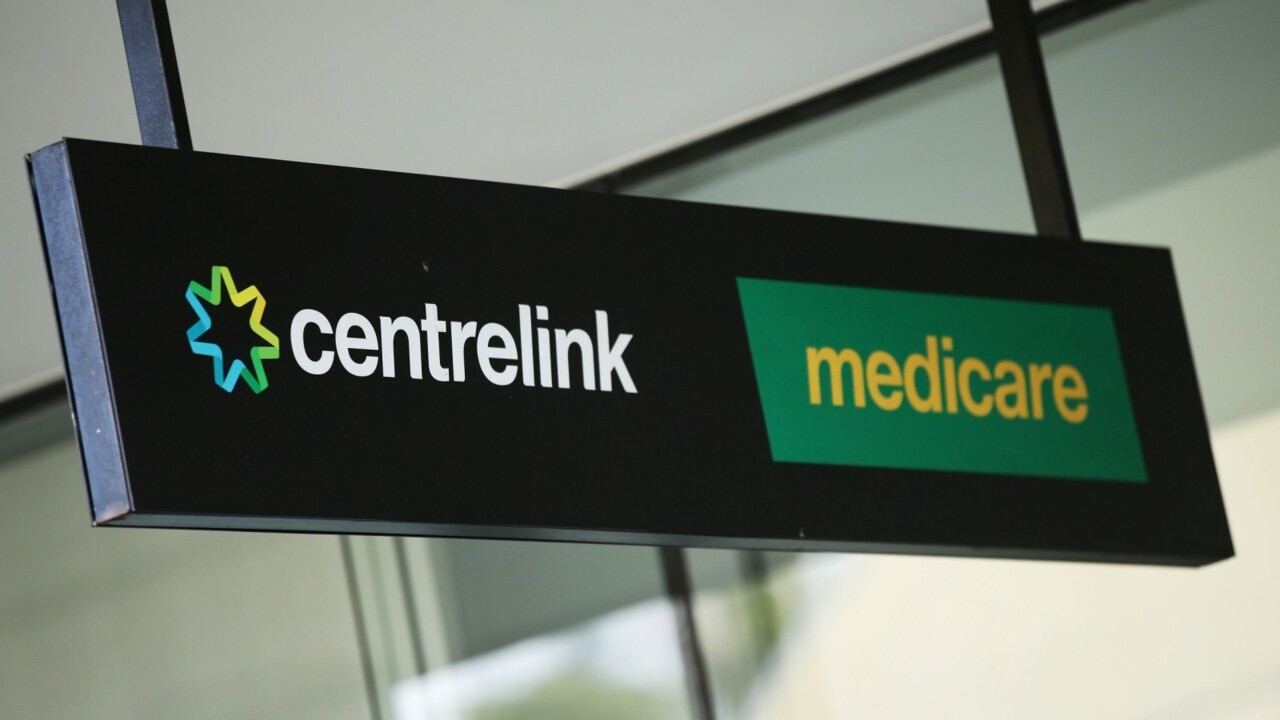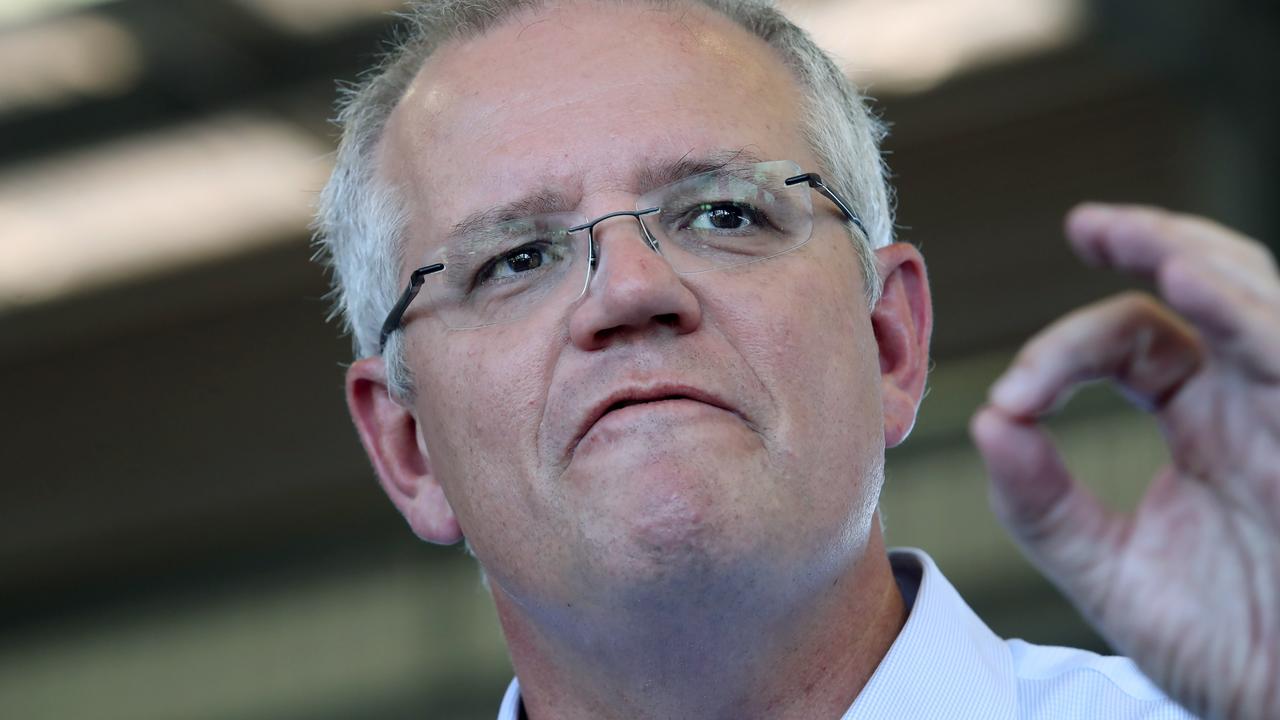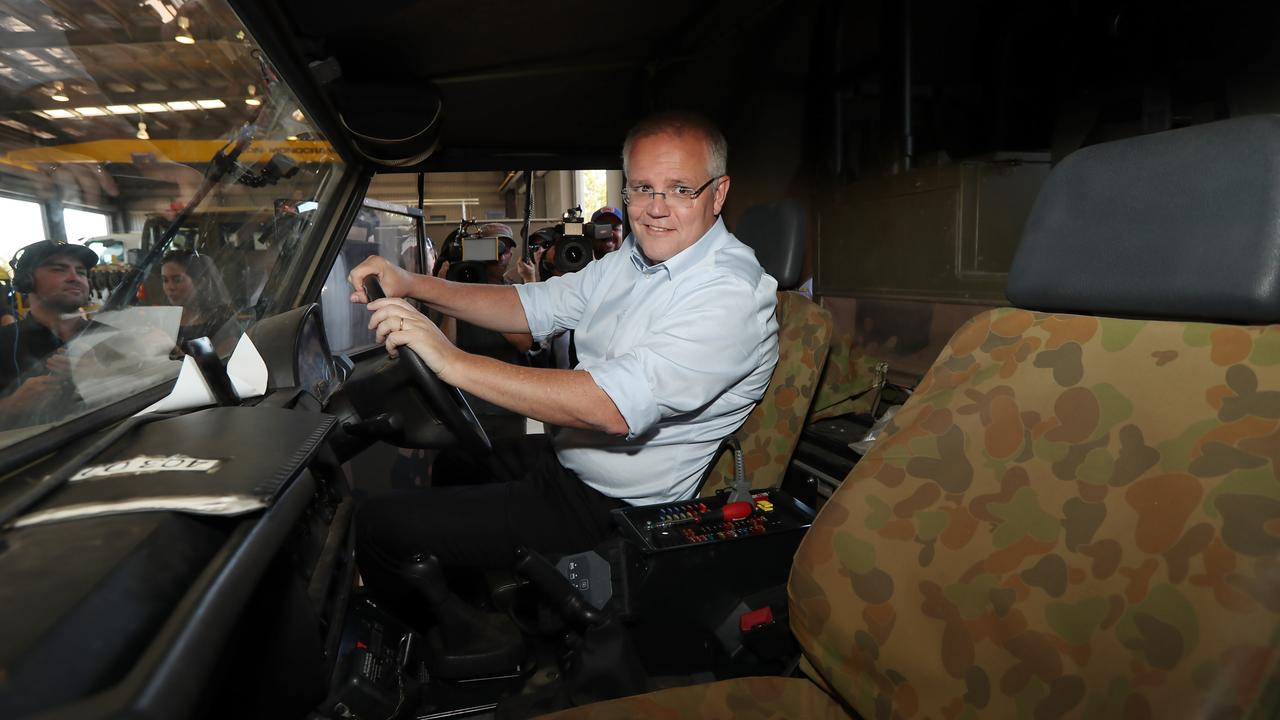PM backs cashless welfare card to deal with intergenerational welfare.
Scott Morrison says he would “work with communities” to roll out cashless welfare, locking 80 per cent of payments onto government controlled debit cards, to Adelaide’s suburbs.

- Federal Election 2019: Where do the parties stand on the issues?
- Cashless welfare card trial should be extended
- Ceduna cashless welfare card users seek cash to fuel addictions
- Cards raise feelings of “injustice”, encourage financial elder abuse
- Special Report — Does the cashless welfare card work?
Cashless cards, which lock 80 per cent of social security payments on to a debit card and cannot be used for alcohol or gambling, could be rolled out into Adelaide suburbs as the Coalition look at ways to tackle intergenerational welfare.
Prime Minister Scott Morrison told The Advertiser the success of trials across the country, including Ceduna, made it worthwhile to look at other locations.
“We just keep taking this step by step,” Mr Morrison said. “The key to success is working with communities, whether it is in Ceduna other parts of the country.
“Originally it was introduced in indigenous communities with great success, so we have extended now to mainstream communities where there is significant economic disadvantages and other disadvantages.
“It is proven to be successful … we think it is a very successful tool to get people off welfare, bring stability to their lives and getting on the right path.”
In January, a trial for about 6000 people started in Bundaberg and Hervey Bay in Queensland.

The region is the first urban area to roll out the card.
In South Australia, Ceduna was one of the first regions in Australia to the trial the cards.
It has been regarded as a success by local government leaders and the Liberal MP responsible for the region, Grey’s Rowan Ramsay.
However, the trial that will continue to at least 2020 and has about 900 participants, has been criticised by a number of service providers and some community leaders.
They say the card has made little difference to alcohol related violence or hospital admissions.
In July last year, a report by federal Auditor-General Grant Hehir was critical of how the Social Services Department was monitoring the effectiveness of the trial.
“As a consequence, it is difficult to conclude whether there had been a reduction in social harm, ” Mr Hehir said at the time. In March, new research showed laptops, radios and mobile phones were being bought by Ceduna card holders, only to be flogged cheaper for cash to fuel alcohol addictions.
However, Mr Morrison said the trials have been a success.

“It has been successful in other parts of the country and it has been in Ceduna,” he said.
A Bill Shorten-led government would, if elected, scrap the card once the trial expired.
Federal Opposition social services spokeswoman Linda Burney earlier this year said Labor has consistently opposed the card rollout. “Labor supports evidence-based, community-driven approaches to tackling alcohol abuse and family violence, and reducing social harm,” Ms Burney said.
“Labor has consistently opposed a national rollout of the cashless debit card … because of a lack of evidence and a lack of community support.”
However in April Labor supported the trial extension until 2020 with the condition that exceptions could be allowed for some individuals.
Under Labor’s amendments passed in the parliament, a person that can demonstrate reasonable and responsible management of their financial affairs and meets a range of criteria, can apply to their local community body to exit the trial of cashless welfare arrangements.



